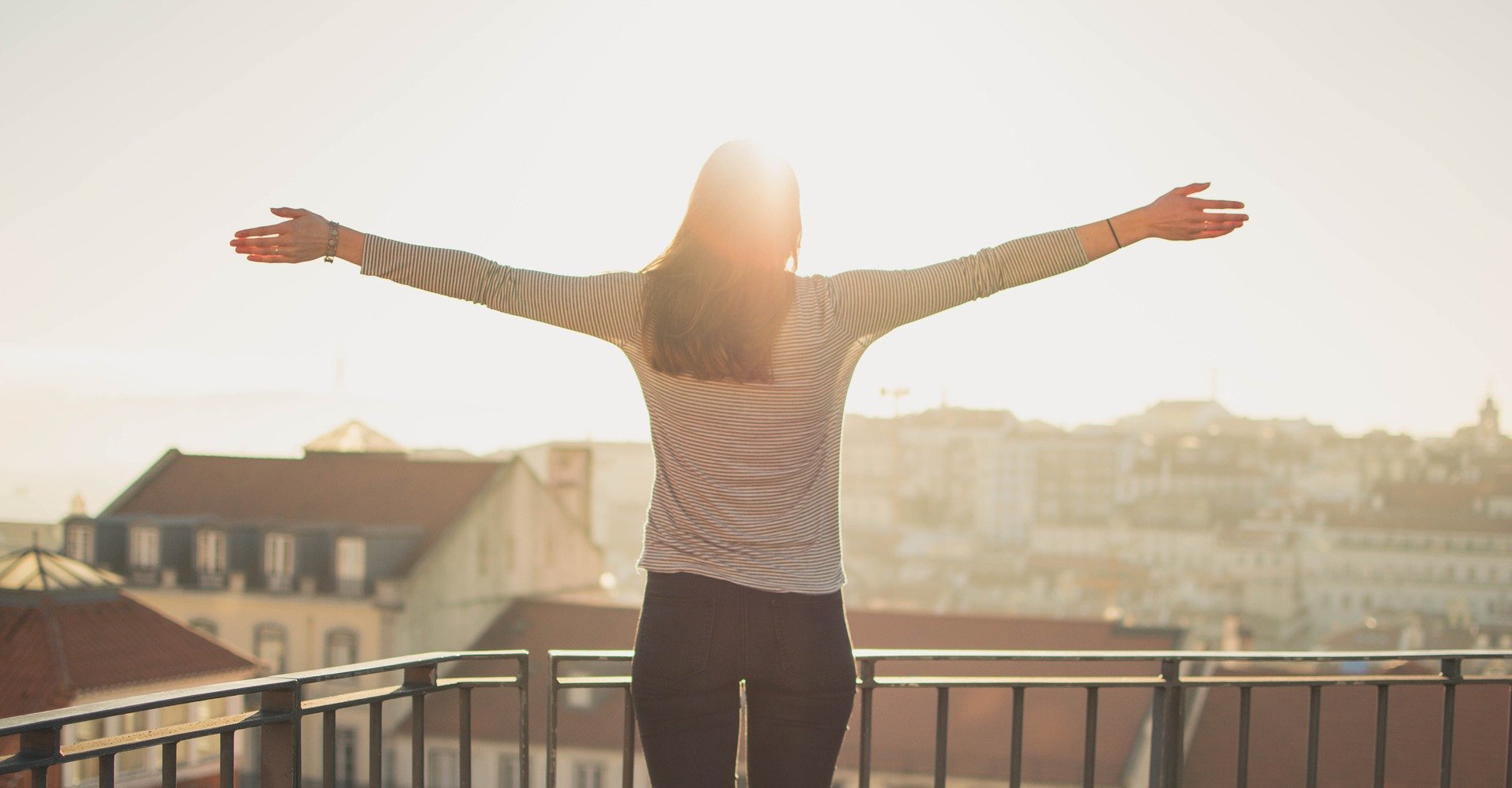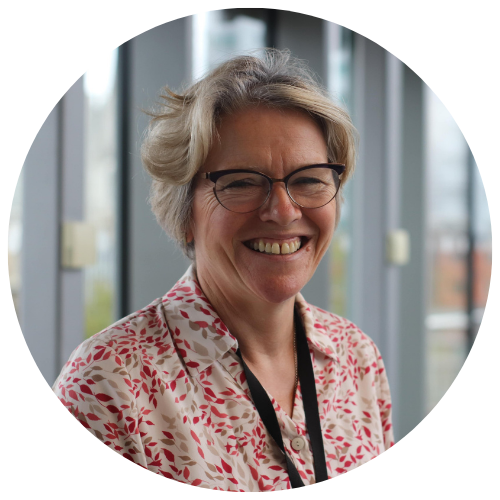
SVP President Helen O’Shea reflects on the significance of small gestures of kindness and why September is so important this year…
 It was billed as ‘Freedom Day’ but July 19 didn’t feel ‘free’. In fact, for millions of people in the UK the removal of restrictions increased anxiety levels. So, what’s going on? And what can be done to change the situation?
It was billed as ‘Freedom Day’ but July 19 didn’t feel ‘free’. In fact, for millions of people in the UK the removal of restrictions increased anxiety levels. So, what’s going on? And what can be done to change the situation?
The facts make fearful reading: the scheduled cut to the £20 increase in Universal Credit which has helped hundreds of thousands of households keep their head above water will take effect at the end of September pulling up to half a million into poverty, and the end of the protections against eviction for renters could prove catastrophic. Meanwhile, thousands of people, who before Covid hit were solvent, are now struggling financially. For many, it’s too late and they are drowning in a sea of debt or simply unable to afford the basics of life; food, utility bills or an acceptable place to live.
Inequality laid bare
Perhaps the cruellest stroke of the pandemic is the way in which it has adversely affected the poorest, most vulnerable members of our communities. It has thrown into sharp relief the difference between rich and poor, healthy and sick, those with support and those who are lonely. Meanwhile, people lucky enough to have a large house with a garden could weather lockdowns far better than a family living in a high rise flat.
Some of our young people also fared badly, with a number of children unable to attend lessons online during lockdowns because they lacked the technology to connect to their school or the support to continue their education. Huge inequalities already existed in society before Covid, but the gulf between those in a position to cope with Covid restrictions and those who are clearly not has grown to a chasm.
Faced with a situation alien in modern experience, the Government’s response was swift and imaginative, however, measures could never catch everyone, so it’s unsurprising that many people were disproportionately affected by the economic and health fall-out from the pandemic. However, after 18 months living with Covid, much of the country is still feeling the impact; a situation which needs to be addressed.
A million ways to say ‘you’re not alone’
The prognosis for millions of people doesn’t look good, however we have a little thing called ‘hope’, and when that is combined with action, we can affect change.
The problems facing the country are immense and exacerbated by the uncertainty of new Covid variants, though the vaccination programme seems to be effective in reducing hospital admissions linked to the virus. However, one fact remains; supporting those who have been affected by Covid, either directly or indirectly, is an enormous task with no end in sight.
It’s obvious there isn’t one solution to the situation, nor a series of ‘fixes’, but there are things we can all do to help our neighbours, friends, family, or perfect strangers. It’s by doing little things, through small gestures of kindness that we can start to address the enormity of the mountain we must all climb.
Throughout the pandemic, the St Vincent de Paul Society has innovated, diversified and shown remarkable bravery to invest in its people and services to ensure as many as possible are supported. The Society’s members, volunteers and staff have remained true to the values of compassion, respect, generosity, responsiveness, accountability and confidentiality, but perhaps the most important value is ‘dignity’, both in the manner the service is provided and for those on the receiving end. It demonstrates unequivocally that someone cares and that everyone is important.
This show of compassion and kindness doesn’t always have to be a grand gesture, and more often it is seemingly insignificant, something most people would view as ‘ordinary’; a chat with a housebound older person, picking up some shopping or medication for a neighbour, sending a card, or even telephoning someone to say ‘hello’.
It’s in these tiny gestures that we show that we care, not just for the individuals on the receiving end, but also for our community and ourselves.
It’s about awareness
It may seem incongruous, but there has been a positive aspect to the pandemic. It has revealed a willingness to help, to be a part of something good. The SVP embraced this movement by creating more streamlined ways for people to become a member, to volunteer and be a part of our mission.
However, with the challenge of rising need comes a call for more help. Historically, September is an important month for the SVP. The feast days of Blessed Frédéric Ozanam, one of our founders, and St Vincent de Paul, our patron saint, take place on September 9 and 27 respectively, and the entire month is dedicated as Awareness Month.
Throughout September the SVP will be hosting a series of webinars and activities highlighting the breadth of the work undertaken by members and volunteers, our St Vincent’s community support centres, shops, youth projects, services for offenders and those released from prison, and other specialised initiatives. SVP posters will adorn our churches and our message will be heard during Mass.
Awareness Month highlights the transformative effect of a small gesture and the cumulative effect they can have on a community. It offers a glimpse into the service offered by almost 10,000 people who feel the pull to befriend, support, feed, clothe and make a home for anyone who, through the randomness of fate, is in need.
Winston Churchill, a man who knew what it was like to preside over challenging times, once said: “We make a living by what we get, but we make a life by what we give.” That message still has resonance decades after it was first spoken.
It’s time to care
Awareness Month isn’t just about addressing the issues of today, it’s also about making society more egalitarian through lobbying and presenting evidence to government.
The SVP’s work at grassroots level is unique and reveals the truths behind some of society’s biggest problems; poverty, inequality, homelessness and loneliness, to name just a few. This knowledge sheds light on the reality thousands of people face every day.
We can’t climb a mountain in a single leap, but we can reach the top step-by-step. At times we may need encouragement, support and a helping hand. We can’t contemplate the challenge alone, it requires numbers, determination, passion and resources. It requires teamwork, communication and awareness.
SVP founding member Blessed Frédéric Ozanam said: “Charity must never look to the past, but always to the future, because the number of its past works is still very small and the present and future miseries that it must alleviate are infinite.”
The task ahead is ‘infinite’, but our appetite for the work also knows no bounds.